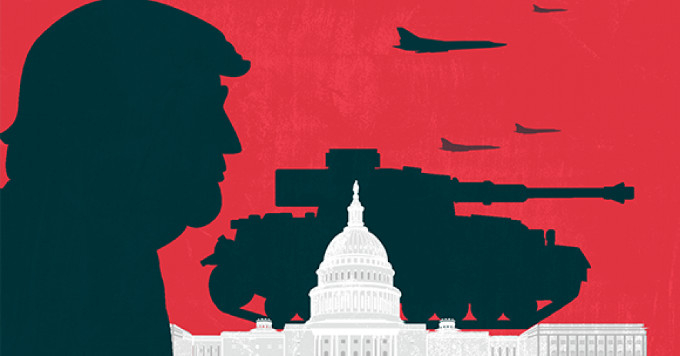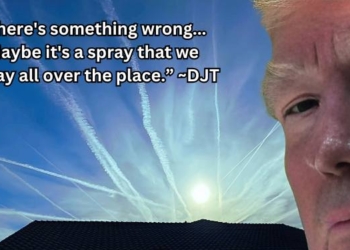
By Tori Bateman | Common Dreams
The priorities of entire generations are often shaped by the monumental events of their childhoods. For me, that event was 9/11 and the resulting national obsession with the “War on Terror.” For my younger brother, that experience will likely be a global pandemic.
In many ways, the misguided priorities that arose after 9/11—which led to a dramatic increase in already astronomically high military spending—set the stage for the U.S.’s devastatingly inadequate response to the virus that shapes the experiences of this generation.
Rather than preparing for public health crises like COVID-19, governments around the world spent a combined $1.917 trillion on weapons, maintaining their militaries, and fighting wars in 2019.
This new data, released this week by the Stockholm International Peace Research Institute, highlights the devastating scale of misspent global resources. The United States leads the pack – our military spending accounted for over 38% of the total.
Congress only invested about 1.5% of what they spend on preparing for war on preparing for public health crises like COVID-19.
Compare those military spending numbers to the World Health Organization’s revenue in 2018/2019, which comes in at only $5.6 billion.
Our national health agencies aren’t faring any better than the global ones. In 2020, the Pentagon was given over $738 billion by Congress. In comparison, programs for “Public Health, Prevention, Surveillance, and Preparedness received 10.8 billion. This means that Congress only invested about 1.5% of what they spend on preparing for war on preparing for public health crises like COVID-19.
In our new pandemic reality, pleas for resources, funding, and infrastructure from hospitals and healthcare workers have become ubiquitous. Our health system was already desperately underfunded. Rural hospitals are closing at accelerating rates, and over the last decade, the public health workforce has shrunk by about 56,000 positions. Now, more than 55 thousand people in the U.S. have died from the virus, many because they lacked access to adequate health care.
The U.S. military cannot fight a pandemic. It is not a war, it's a public health crisis. And this isn't the only threat that has a global scope. Our federal budget priorities need to reflect that reality by investing in the agencies and programs that can actually help keep us healthy and safe.
The costs of U.S. and global military spending aren’t only economic. The human and environmental costs are staggering, too. According to the Costs of War Project, the wars in Afghanistan, Iraq, Syria, Yemen, and Pakistan have directly killed at least 800,000 people. Millions more have been wounded or displaced due to violent conflict. And since 9/11, the Pentagon has emitted over 1.2 billion metric tons of carbon dioxide, contributing to climate change and exacerbating one of the largest threats to humanity.
The pandemic has taught us a lot about the possibilities for a post-COVID world. People and governments have come together to respond to the common threat, sharing resources, knowledge, and action plans. Climate change, poverty, diseases, and injustice all require the global community to come together in creative ways to care for one another and create a better world.
Investment in people—including public health and global cooperation—is infinitely more important than propping up the military-industrial complex. It’s time for the global community to come together in the realization that weapons don’t make us safer. Investment in people—including public health and global cooperation—is infinitely more important than propping up the military-industrial complex.
Fortunately, advocacy and community groups across the world are already mobilizing for change. Even during a time of social distancing, people are finding ways to come together and demand better from our governments.
As the leading military spender, the U.S. has an important leadership role to play in transitioning the world away from military spending and towards spending public funds on things that actually build more resilient communities.
If we’re successful, the next generation will get to experience well-funded public health systems, peaceful societies, and the many benefits that come along with investing in people rather than the Pentagon.

















